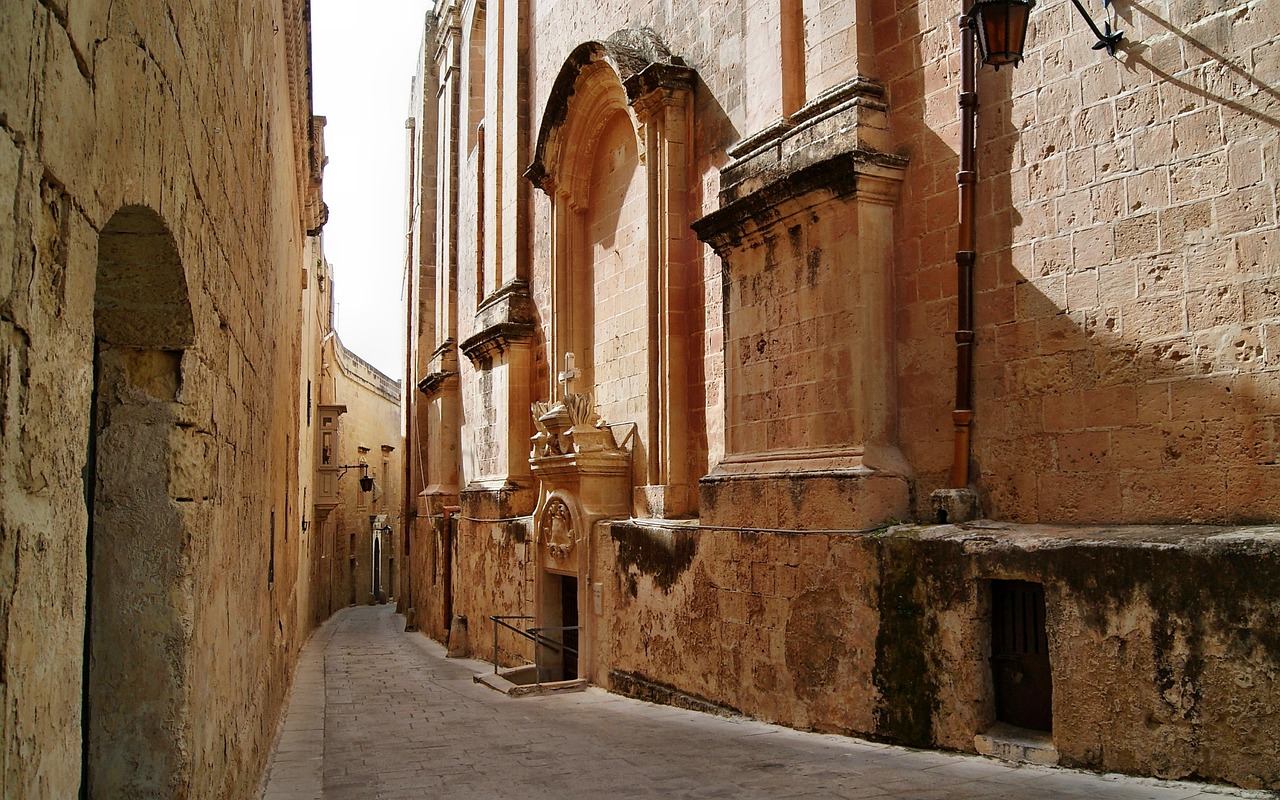Cultural Etiquette: Doing Business in Malta
Malta, located in the Mediterranean Sea, is a small but vibrant country with a rich cultural heritage. When doing business in Malta, it is essential to understand and respect the local customs and etiquette. This article aims to provide comprehensive information on cultural etiquette in Malta to help you navigate the business landscape successfully.
Business Culture and Etiquette
Malta has a unique blend of Mediterranean and British influences, which is reflected in its business culture and etiquette. Here are some key points to keep in mind:
- Punctuality: Being punctual is highly valued in Maltese business culture. It is important to arrive on time for meetings and appointments.
- Formal Attire: Dressing professionally is expected in business settings. Men typically wear suits, while women opt for conservative business attire.
- Greetings: When meeting someone for the first time, a firm handshake is the common greeting. Maintain eye contact and use formal titles and surnames until invited to use first names.
- Business Cards: Exchanging business cards is a common practice in Malta. Ensure that your business cards are printed in English and include your job title.
- Communication Style: Maltese communication style is generally polite and indirect. It is important to be diplomatic and avoid aggressive or confrontational behavior.
- Gift Giving: While not mandatory, small gifts are appreciated in business settings. It is customary to present gifts at the end of a successful negotiation or upon completion of a project.
- Business Meals: Inviting clients or business partners for a meal is a common practice in Malta. It is customary to wait for the host to initiate the toast before taking the first sip of a drink.
- Building Relationships: Building personal relationships is crucial in Maltese business culture. Taking the time to get to know your business counterparts on a personal level can greatly enhance your professional relationships.
- Respect for Hierarchy: Malta has a hierarchical business structure, with decision-making authority typically held by senior executives. It is important to show respect for authority and defer to higher-ranking individuals.
- Follow-up: Promptly follow up on meetings and agreements with a written summary. This shows professionalism and ensures clarity in communication.
Negotiation and Decision-Making
Negotiation in Malta is often a collaborative process aimed at finding mutually beneficial solutions. Here are some key points to consider when negotiating in Malta:
- Patience: Negotiations in Malta can be lengthy, as decisions are often reached through consensus. It is important to be patient and avoid rushing the process.
- Building Trust: Establishing trust and rapport with your Maltese counterparts is essential for successful negotiations. Take the time to build relationships and demonstrate your commitment to long-term partnerships.
- Indirect Communication: Maltese negotiators may use indirect communication techniques, such as storytelling or anecdotes, to convey their points. Pay attention to the underlying messages and avoid taking everything at face value.
- Flexibility: Being open to compromise and finding win-win solutions is highly valued in Maltese negotiation culture. Show flexibility and willingness to adapt your position.
- Written Agreements: Once a negotiation is successfully concluded, it is customary to draft a written agreement outlining the terms and conditions. Ensure that all parties have a clear understanding of the agreement before signing.
Business Meeting Etiquette
Business meetings in Malta follow certain protocols and etiquette. Here are some guidelines to follow:
- Agenda: Provide an agenda in advance to ensure all participants are prepared and know what to expect from the meeting.
- Respectful Communication: Maintain a respectful and professional tone during meetings. Avoid interrupting others and listen attentively to their viewpoints.
- Hierarchy: Pay attention to the hierarchical structure in the meeting. Senior executives are typically given priority in speaking and decision-making.
- Language: English is widely spoken in business settings in Malta. However, it is helpful to learn a few basic Maltese phrases to show respect for the local culture.
- Follow-up: Send a follow-up email summarizing the key points discussed and any action items agreed upon during the meeting.
Malta Image 1:

Business Etiquette
When conducting business in Malta, it is important to be aware of the following cultural nuances:
- Respecting Religion: Malta is predominantly Catholic, and religious traditions are deeply ingrained in the culture. Show respect for religious practices and be mindful of religious holidays and observances.
- Socializing: Building personal relationships is an integral part of Maltese business culture. Accept invitations to social events and engage in small talk to foster stronger connections.
- Language: English and Maltese are the official languages in Malta. While English is widely spoken in business settings, it is respectful to learn a few basic phrases in Maltese.
- Appreciation of History and Culture: Malta has a rich history and cultural heritage. Showing an appreciation for Maltese history and culture can help build rapport with your business counterparts.
Malta Image 2:

Business Networking
Networking plays a vital role in business success in Malta. Here are some tips for effective business networking:
- Attend Industry Events: Participate in industry conferences, seminars, and trade shows to connect with professionals in your field.
- Join Professional Associations: Joining relevant professional associations in Malta can provide valuable networking opportunities.
- Be Open and Approachable: Approach networking events with a friendly and open attitude. Initiate conversations and actively listen to others.
- Follow Up: After networking events, follow up with the connections you made. Send personalized emails or connect on professional networking platforms.
Business Etiquette in Communication
When communicating with Maltese business partners, it is important to consider the following etiquette guidelines:
- Email Etiquette: Use a professional tone and address recipients by their formal titles until invited to use first names. Be concise and clear in your emails.
- Phone Etiquette: Answer calls promptly and professionally. Speak clearly and politely, and avoid interrupting or speaking over others.
- Video Conferencing: Dress professionally and ensure a quiet and well-lit environment for video conferences. Maintain eye contact and be attentive during the call.
Malta Image 3:

Conclusion
Doing business in Malta requires an understanding of the local culture and etiquette. By respecting the customs and building strong relationships, you can navigate the business landscape successfully. Remember to be punctual, dress professionally, and show respect for hierarchy. Engage in networking opportunities and follow up with your business counterparts. With these guidelines in mind, you can establish fruitful business relationships in Malta.
References
– timesofmalta.com
– visitmalta.com
– maltachamber.org.mt
– gov.mt

